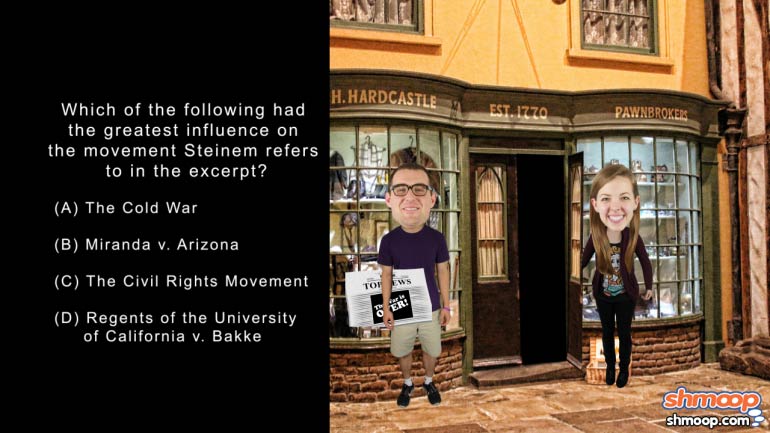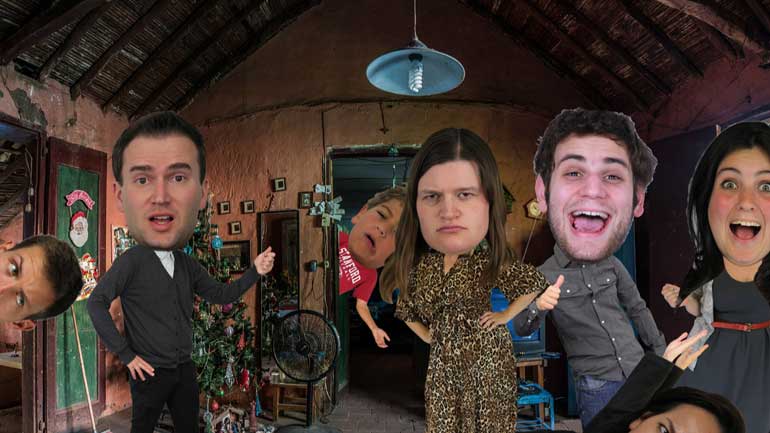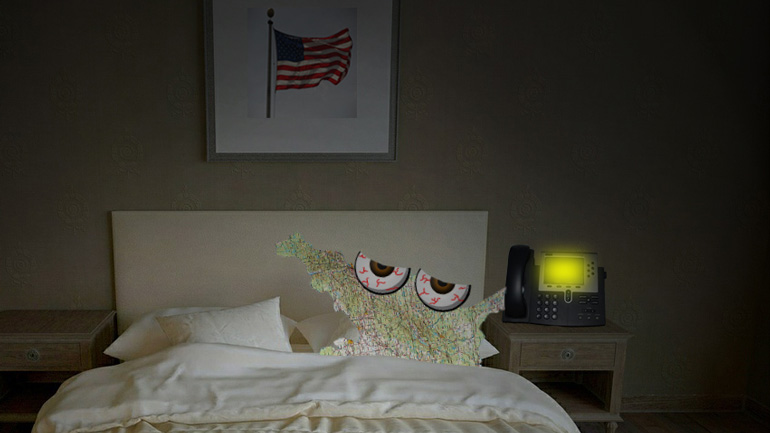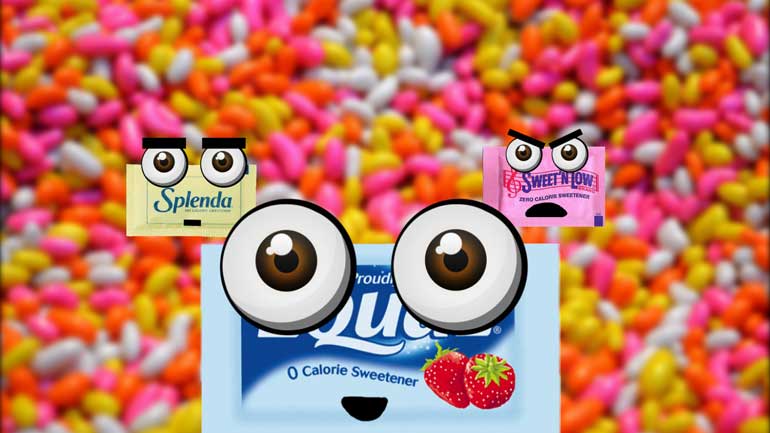ShmoopTube
Where Monty Python meets your 10th grade teacher.
Search Thousands of Shmoop Videos
AP U.S. History 3.2 Period 5: 1848-1877 9 Views
Share It!
Description:
AP U.S. History 3.2 Period 5: 1848-1877. The goals presented in the excerpt have the most in common with which of the following?
Transcript
- 00:00
We speak student! The internet is awesome. We think so too. But of course, we would
- 00:09
say that. Besides bringing the magic of shmoop to the world. The internet also
- 00:13
brings the magic of historical sources to your desktop. Well the next tool in our
- 00:18
historian tool belt, helps us to find all those sources on the web. What is this
- 00:22
magic tool? Well Google and other digital search engines, duh. It's true
Full Transcript
- 00:26
Google is good for more than finding cat videos and pirated movie. Uh we mean
- 00:30
pirate movies not pirated. Stay in school, yeah don't smoke. We can also find tons [woman watching TV]
- 00:36
of real deal primary and secondary historical sources. Maybe we've googled a
- 00:40
few hundred facts to prove our friends wrong, or read a ton of wiki, or better
- 00:45
yet Shmoop. Shmoop pages, you know the night before a test. But that's nowhere
- 00:48
near the full an awesome power of the internet. With digital research skills we
- 00:52
can easily find those sources, we need to make the perfect, historical argument.
- 00:55
Let's rewind academic history for a second, imagine the year is 1990, Stone
- 01:00
Age. How would we research a history paper without googling. Google wasn't
- 01:05
around back then. Or diagnose ourselves with ulcers and, or stomach cancer [man looking on computer]
- 01:09
without WebMD. Well we'd have to go to an actual, physical library, use the Dewey
- 01:14
Decimal System, to find a topic, or look through the card catalog and then gather
- 01:18
a bunch of books, sit down and read them. Oh shudder. Today we've got things like
- 01:23
Google and the internet, archive, project gutenberg and gazillion different
- 01:26
academic search engines and library databases. All these tools have made [computer lab at a school]
- 01:30
research far more efficient, but not necessarily easier. The internets a vast
- 01:34
sea of information, larger than any single library has ever been and finding
- 01:39
the information we're looking for can be like finding a needle in a haystack, or a
- 01:43
needle in a haystack floating through the endless expanse of outer space. Most
- 01:47
people have done a google search at some point, right like this morning. Unless
- 01:51
their the type to think the government is using a laptop microwave to read our [man with tinfoil hat running in room]
- 01:54
minds. Even the more sane of us, might not know how to hone our Google searches to
- 01:58
razor-sharp precision. The key to this is boolean logic, that sounds like something
- 02:03
from Doctor Who. You know, doctor, the Booleans, are attacking. But it actually refers to the
- 02:07
way we talk, to search engines. Like when we type in Little Bighorn and
- 02:12
Wounded Knee, well the engine is going to search for sources that mention both [picture of battle at Little Bighorn]
- 02:17
things. But if we type in Little Bighorn or wounded knee, the engine would also
- 02:22
include sources that only mention one or the other. Like think about it, if you typed in
- 02:26
Wounded Knee, well you'd probably get a lot of web MD things about, running
- 02:30
and Nike shoes, you know an advertisements probably pop up offering us Band-Aids.
- 02:35
They'd be off base. Anyways using the word, not, is especially useful. It's a way of
- 02:40
nixing certain terms from our search results. So if we're trying to look up
- 02:44
Hawaiian history, but keep getting touristy sites in our results, we would
- 02:48
add, not, to the end of our search. Like this, Hawaii history not tourism not
- 02:54
travel not vacation. Got to be honest, we're not that into excluding the [person surfing waves]
- 02:58
vacation stuff right now, let's go with it. Anyways last of all, quotes. Quotes are
- 03:03
also essential, if we want to find an exact phrase. Like we wanted to find the
- 03:07
phrase, Abraham Lincoln in a bikini, we'd slap quotes all around it and yep we
- 03:12
actually matches when we Google that. Try it. Worship the power of the internet. [Lincoln Memorial]
- 03:15
It's worthy, it's worthy.
Up Next
AP U.S. History Exam 2.48. Which of the following had the greatest influence on the movement Steinem refers to in the excerpt?
Related Videos
The appeal of city living has always been strong. Can you figure out why new immigrants chose to live in big cities? Hint: they weren't trying to b...
AP U.S. History Exam 2.54. Given the excerpt, many critics of the war on terrorism believed that...what?
AP U.S. History Exam 2.43. The problem depicted in the image led to the creation of...what?
Take a look at this sweet question about Equal rights. ...Oh. It's not about the sweetener? Gotcha. Check it out anyway and see if you can find out...




